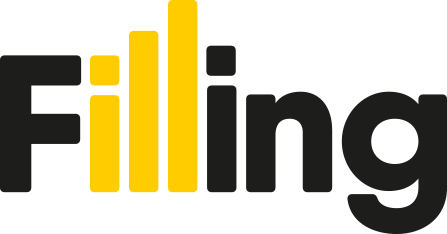Metal detecting has change into more and more popular among hobbyists, treasure hunters, and even professionals in fields similar to archaeology and security. One of the first questions people ask earlier than getting started is: How much does it cost to buy a quality metal detector? The answer depends on your experience level, the options you need, and your budget.
Entry-Level Metal Detectors: $a hundred – $300
For newbies, entry-level detectors are affordable and simple to use. They’re designed for informal treasure hunting, corresponding to finding coins, jewelry, or small relics in parks and backyards. These models typically cost between $100 and $300.
Features you possibly can count on:
Primary discrimination (helps identify metals)
Adjustable sensitivity
Lightweight and newbie-friendly design
While they could not have advanced depth detection or specialized settings, these detectors are nice for newcomers who need to test the hobby without making a large investment.
Mid-Range Metal Detectors: $300 – $700
If you’re serious about detecting and wish more advanced options, mid-range detectors are the sweet spot. Prices typically range from $300 to $seven-hundred, and these models are perfect for hobbyists who want better accuracy and versatility.
Options you’ll be able to expect:
Improved target identification
Greater depth detection (up to 10–12 inches depending on soil conditions)
Ground balancing for mineralized soil
Waterproof search coils
This range provides a balance of affordability and performance, making it popular amongst hobbyists who enjoy common detecting sessions.
High-End Metal Detectors: $700 – $1,500+
For dedicated treasure hunters or those searching for more than coins and jewelry, high-end detectors are value considering. These units typically cost $seven-hundred to $1,500 or more depending on the brand and technology.
Options you’ll be able to count on:
Multi-frequency operation for larger accuracy
Advanced ground balance controls
Waterproof and submersible models for beach or underwater detecting
Wireless technology for comfort
Enhanced depth detection (up to 15 inches or more)
High-end detectors are often used for relic hunting, gold prospecting, and underwater treasure hunts. The investment is higher, but the precision and durability make them suitable for critical enthusiasts.
Professional-Grade Metal Detectors: $1,500 – $5,000+
Professional detectors are designed for specialized functions, comparable to gold prospecting in robust terrains or deep relic hunting. Prices range from $1,500 to $5,000 or more.
Options you possibly can count on:
Pulse induction technology for extreme depth
Detection of small gold nuggets in mineralized soil
Advanced digital displays with customizable settings
Superior build quality and durability
These detectors are often purchased by professionals or highly committed hobbyists who require most performance and accuracy.
Additional Costs to Consider
When budgeting for a metal detector, it’s important to factor in accessories and maintenance:
Headphones – Improve your ability to hear faint signals ($30 – $a hundred)
Digging tools – Hand diggers, shovels, and sand scoops ($20 – $one hundred fifty)
Pinpointers – Small handheld detectors that assist find items more precisely ($70 – $one hundred fifty)
Coils – Totally different coil sizes and types can enhance depth and target separation ($a hundred – $300)
These extras can significantly enhance your detecting experience and needs to be considered part of your general investment.
Choosing the Proper Detector for Your Budget
Your best option depends in your goals:
Casual novices – Entry-level ($100 – $300)
Regular hobbyists – Mid-range ($300 – $700)
Dedicated fanatics – High-end ($seven hundred – $1,500+)
Specialized treasure hunters – Professional ($1,500 – $5,000+)
By understanding the totally different price classes, you may choose a detector that matches your interest level and budget.
If you liked this information and you would certainly such as to get more info pertaining to خرید فلزیاب kindly browse through our site.
